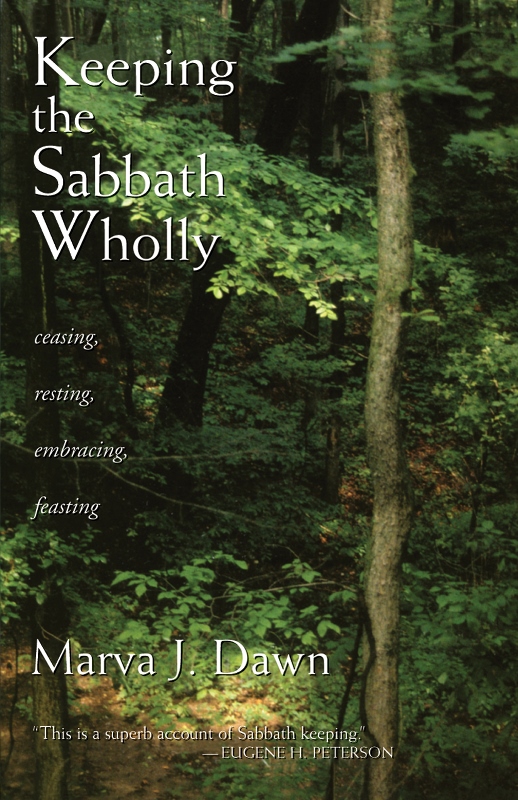
Observe the Sabbath day, to keep it holy. Work six days and do everything you need to do. But the seventh day is a Sabbath to God, your God. Don’t do any work—not you, nor your son, nor your daughter, nor your servant, nor your maid, nor your animals, not even the foreign guest visiting in your town. For in six days God made Heaven, Earth, and sea, and everything in them; he rested on the seventh day. Therefore God blessed the Sabbath day; he set it apart as a holy day. (Exodus 20:8-11, The Message)
As we enter the month of April, this year is not “International Fun at Work Day” since April 1st fell on a Saturday. However, it is time to transition to God’s Fourth Commandment.
As Dr. Laufer pointed out, this Commandment is all about Time: time set aside for rest and time set aside to honor the Lord and remember His mighty deeds. While work is part of our responsibility as God’s image-bearers, God also modeled rest to his creation on the seventh day. As leaders serving God, we are responsible for making sure that rest is available to all and taken advantage of by all.
We need to recognize that this is not a random rule God established, but rather the natural order of life. Consider that whenever we fail to build time into our lives for the things that really matter, such as worship, family, rest, and enjoying our lives, and instead pursue excessively those things that matter less (e.g., materialism, money, freedom, family).
Last year after meeting him at the Christian Leadership Alliance’s Outcomes Conference in Dallas, I read Bob Fryling’s The Leadership Ellipse. In his book, he described how Marva Dawn’s Keeping the Sabbath Wholly was particularly helpful to him, so I checked it out.
Click here, so we can explore the ceasing, resting, embracing, and feasting that Dawn describes.




